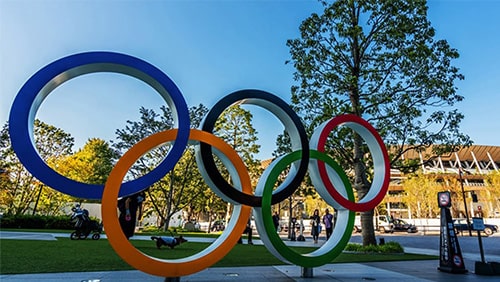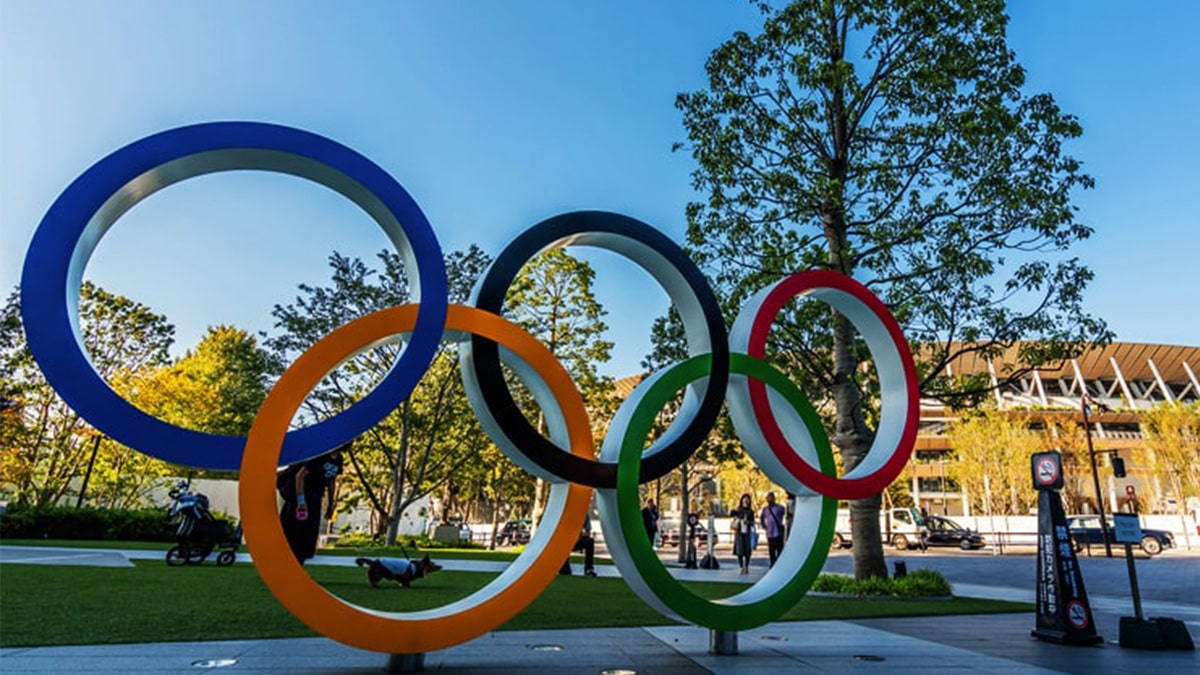The International Olympic Committee (IOC) has remained defiant in the face of social justice reform, continuing a ban on athletes from protesting at the 2021 Tokyo Olympics. Athletes will be banned from kneeling or raising their fists in protest.
 Rule 50 of the Olympic charter states that “no kind of demonstration or political, religious or racial propaganda is permitted in any Olympic sites, venues or other areas.”
Rule 50 of the Olympic charter states that “no kind of demonstration or political, religious or racial propaganda is permitted in any Olympic sites, venues or other areas.”
The IOC guidelines state that athletes who break protest rules at the Tokyo Games face three rounds of disciplinary action from the IOC, a sport’s governing body and a national Olympic body.
IOC Chief executive confirmed that athletes will face sanctions at the games in Tokyo. “If this political neutrality is not respected, then the Olympic Games will divide, and not unite, the world,” Bach insisted.
The Global Athletes Group called on the IOC to reverse their decision in the wake of the social justice movement sweeping across the globe.
Global Athlete calls on the IOC @Olympics and the IPC @Paralympics to abolish Rule 50 and afford every athlete their human right of free speech pic.twitter.com/wqy6dtb5om
— Global Athlete (@GlobalAthleteHQ) June 14, 2020
“The IOC and IPC’s (International Paralympic Committee) recent statement that athletes who ‘take a knee’ … will face bans is a clear breach of human rights, athletes around the globe were awestruck with this statement and demanded change.”
U.S. World Cup soccer star Megan Rapinoe has warned the IOC that athletes “will not be silenced.”
One of the most iconic Olympic protest moments occurred at the 1968 Games in Mexico City. U.S. sprinters Tommie Smith and John Carlos raised their fists as the U.S. anthem was played at the award ceremony for the 200m. Australian Peter Norman watched on respectfully with the U.S. stars.
The U.S. pair felt the wrath of IOC president Avery Brundage, who attempted to have the pair expelled and sent home from the games.






